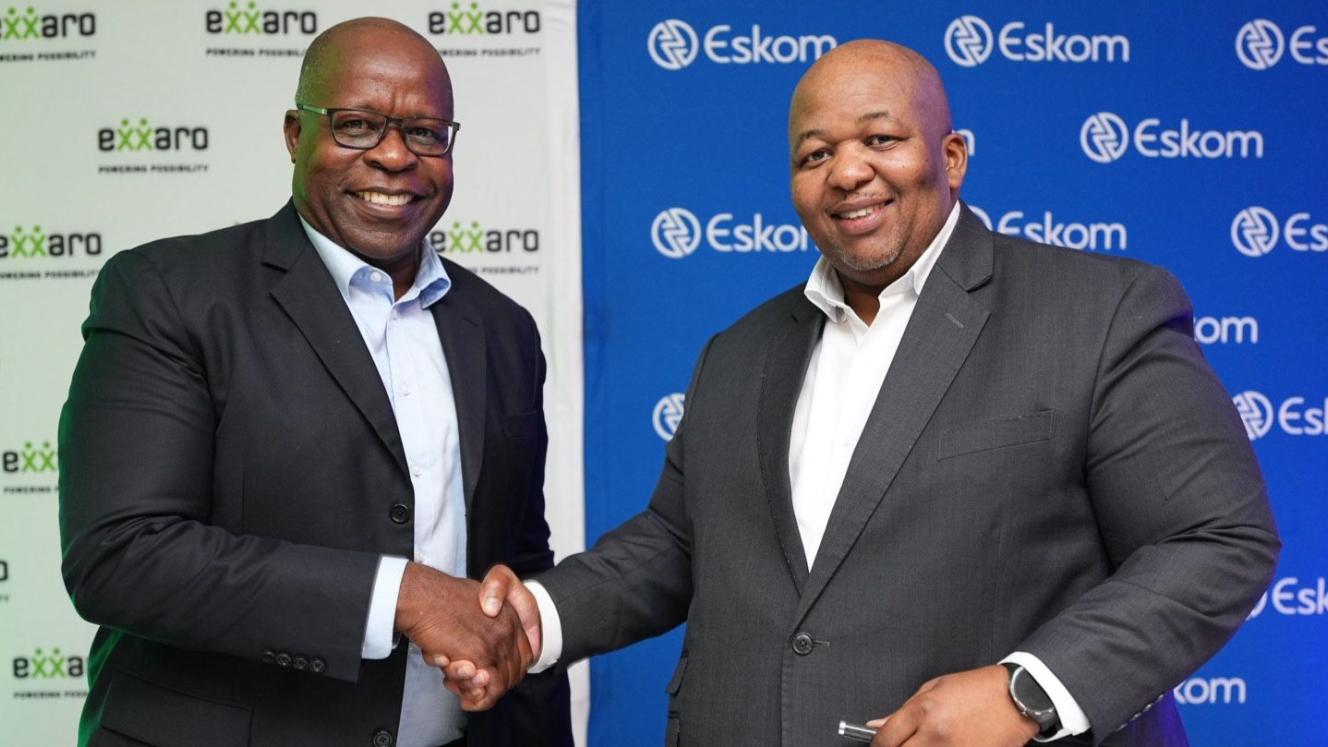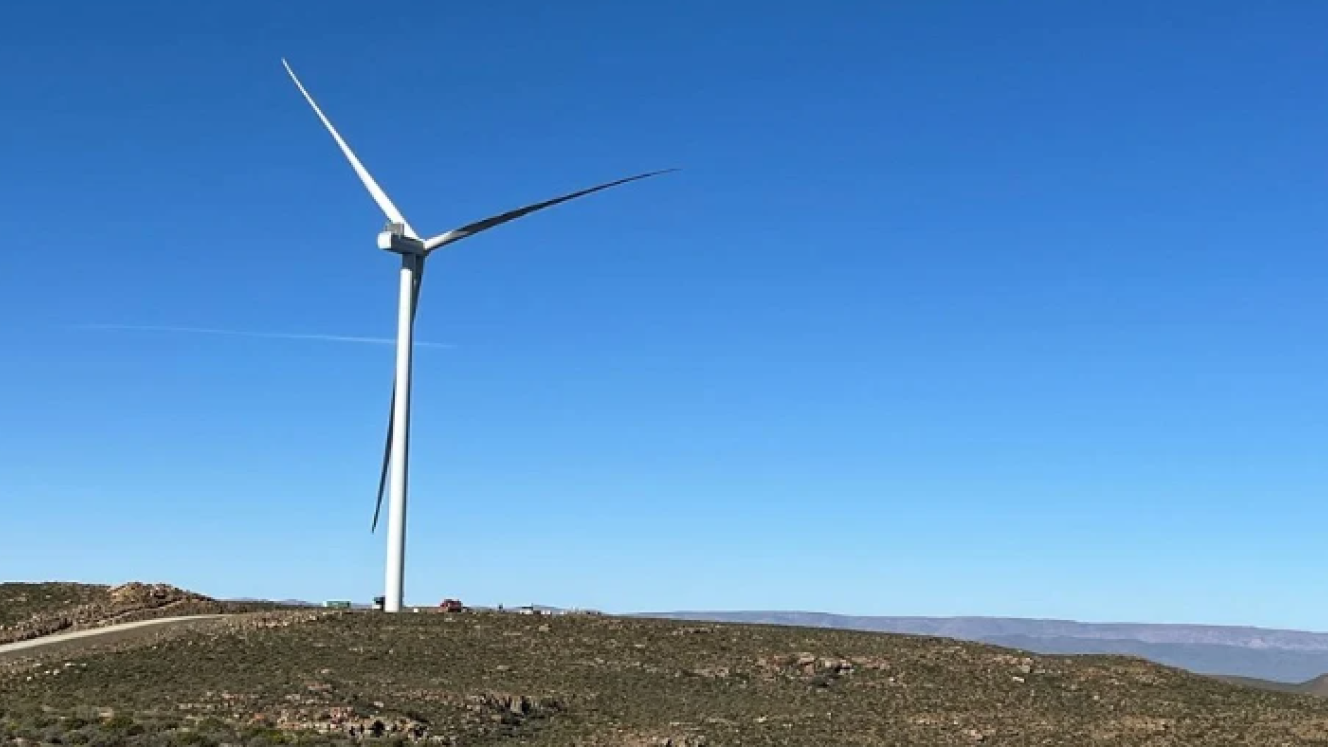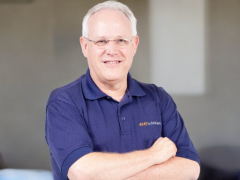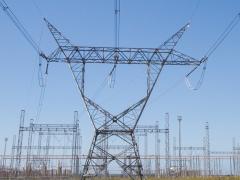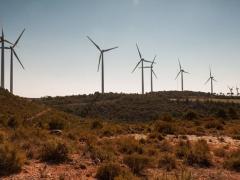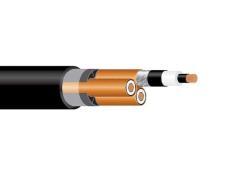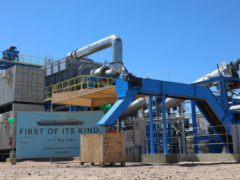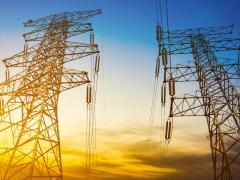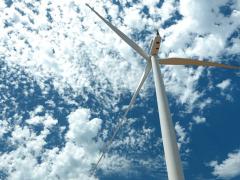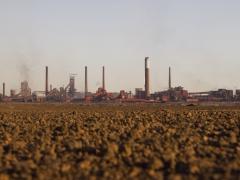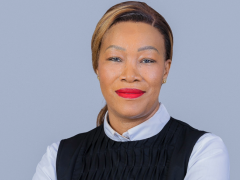Eskom and Exxaro Resources have signed a memorandum of understanding (MoU) to develop new solutions to reduce emissions across the coal value chain – without abandoning coal in South Africa’s future energy mix.
“The signing of this MoU establishes a collaboration framework for carbon emissions reduction in our collective value chains,” explained Ben Magara, CEO of Exxaro. “Eskom is as much a customer as it is a supplier,” he said.
According to Exxaro, the partnership will focus on reducing Scope 1, 2 and 3 emissions. Scope 3 emissions refer to indirect emissions in the downstream value chain. While much harder to manage, these emissions are much larger than the emissions from direct operations. This is why the company must partner with other members of the value chain.
Secondly, the partnership will involve investing in decarbonisation technologies. While this includes integrating renewable energy, both Eskom and Exxaro leaders stressed the importance of the continued use of coal. The partnership will therefore explore carbon capture technology.
“Exxaro is a proud and responsible coal mining company. We do not deny our birthright,” said Magara. Eskom’s Group Chief Executive Dan Marokane added: “The energy mix going forward will contain coal. Our coal-fired stations still have many years of life left. The problem is not coal; the problem is emissions. So while we will build a capacity of clean technology on the one hand, on the other hand, we must consider how we can do better with what we have.”
“We want to bring together our decades of experience in the coal value chain to explore practical, scalable solutions,” Marokane said. The partnership will also aim to promote green jobs and skills development, and ensure transparent data sharing and reporting.
The initial focus, however, will be on the investments and stakeholders needed to find technology-based solutions to the challenges associated with the transition, aligned with the Integrated Resource Plan.
To close the investment gap and meet climate goals agreed to in the Paris Agreement, according to Magara, South Africa needs investments of R1,5 trillion between now and 2030.
